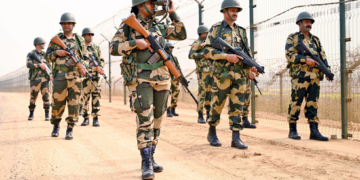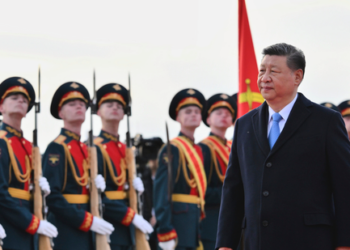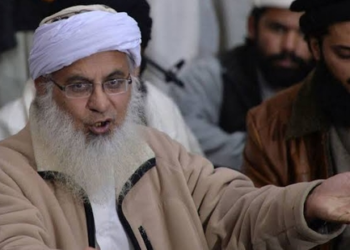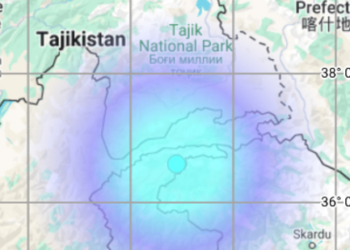Pakistan’s Prime Minister Shehbaz Sharif took to X (formerly Twitter) to congratulate former US President Donald Trump on his return to political prominence. The message, posted on November 8, praised Trump’s leadership and expressed good wishes for his future endeavors. However, the congratulatory note quickly became the subject of intense scrutiny, with many accusing Sharif of hypocrisy and inconsistency in his foreign policy approach.
Sharif’s message, which read, “Best wishes to President Donald Trump as he continues to lead with vision and strength,” was meant to acknowledge the former president’s political resilience. Trump, despite facing multiple legal challenges, has maintained a significant influence in the US political landscape. Yet, Sharif’s gesture was not well-received by several sections of the Pakistani public.
Critics on social media were quick to point out the perceived contradiction in Sharif’s support for Trump, given Pakistan’s delicate relationship with the United States, especially under the leadership of Prime Minister Sharif’s predecessor. Many argued that this move appeared to overlook Trump’s controversial policies, particularly his stance on Pakistan during his presidency, which included criticism over Islamabad’s approach to counterterrorism and the suspension of aid to Pakistan.
Some political commentators were quick to label the Prime Minister’s actions as a demonstration of political “double standards,” suggesting that Sharif’s congratulations contradicted the government’s usual stance of critical diplomacy towards the US, especially under Trump’s administration. “How can Sharif express support for a man who once called Pakistan a ‘terrorist haven’ and froze military aid?” questioned one user, summing up the sentiment of many who felt that this move was a breach of the nation’s political integrity.
Others pointed to the timing of the message, coming just as Pakistan is working to stabilize relations with the West. The Prime Minister’s tweet has sparked debates about the authenticity of Pakistan’s diplomatic positions, with some wondering whether Sharif’s gesture was meant to gain favor with the global political elite or was simply a nod to Trump’s enduring political relevance.
On the other hand, some supporters of Sharif’s move argue that such gestures are part of the global political game and are necessary for fostering strong diplomatic ties, even with contentious figures like Trump. They suggest that personal and political relationships often require strategic balancing acts, even if it means acknowledging a figure who has been both praised and criticized across the world.
The exchange on X has also ignited a larger conversation about Pakistan’s role in international diplomacy and its approach to global leaders. As Pakistan moves forward in its foreign relations, the reaction to Shehbaz Sharif’s message to Trump may shape public perception of the country’s foreign policy and its efforts to maintain a balance between competing international interests.
In the end, Sharif’s brief but impactful tweet has sparked a wave of online reactions, leaving many to question whether political diplomacy can truly be transparent in a world of shifting alliances and complex international relations.








 India
India












